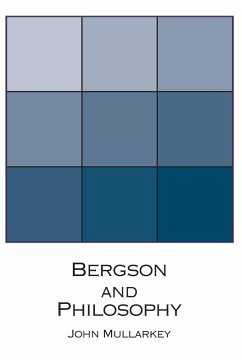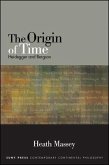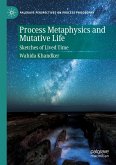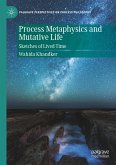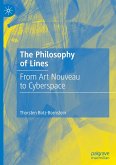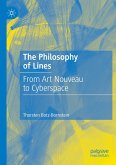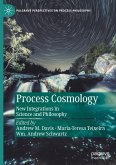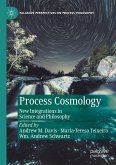Various schools of philosophy over the last eighty years have tried to claim Henri Bergson as one of their own. In France he has been regarded primarily as an early phenomenologist. In the United States and Britain he is still regarded as a vitalist philosopher. This introductory study looks at Bergson's use of philosophical form and aims to dispel the view that Bergson ever stuck to one type of philosophy at all, be it vitalism or phenomenology. The claim of any one form of thought to the title of "first philosophy" is challenged by the idea of a Bergsonian metaphilosophy which states that, in a universe with no static foundations, there can never be first philosophies. In other words, if everything is changing, then this must be no less true of philosophy. In pursuit of this approach, John Mullarkey explores each of Bergson's seven major works from a metaphilosophical perspective. The first four chapters of Bergson and Philosophy examine each of these works against the background of current debate within its respective field-the metaphysics of space and time, the philosophy of mind, the philosophy of biology, and sociobiology. The remaining four chapters take a problem-based approach, examining the role of ethics, ontology, methodology, and metaphilosophy in Bergson's thought. This book is an important and lucid reassessment of an influential philosopher that sets his work in philosophical contexts.

